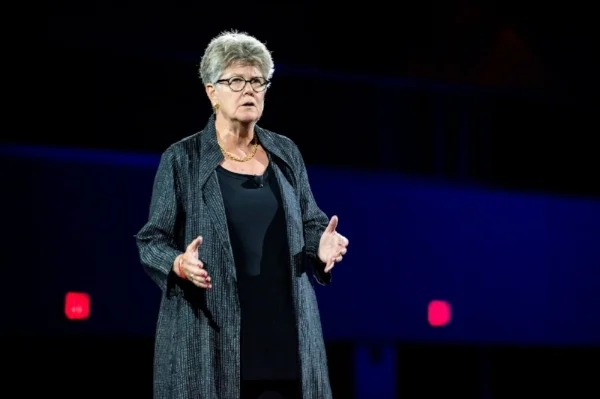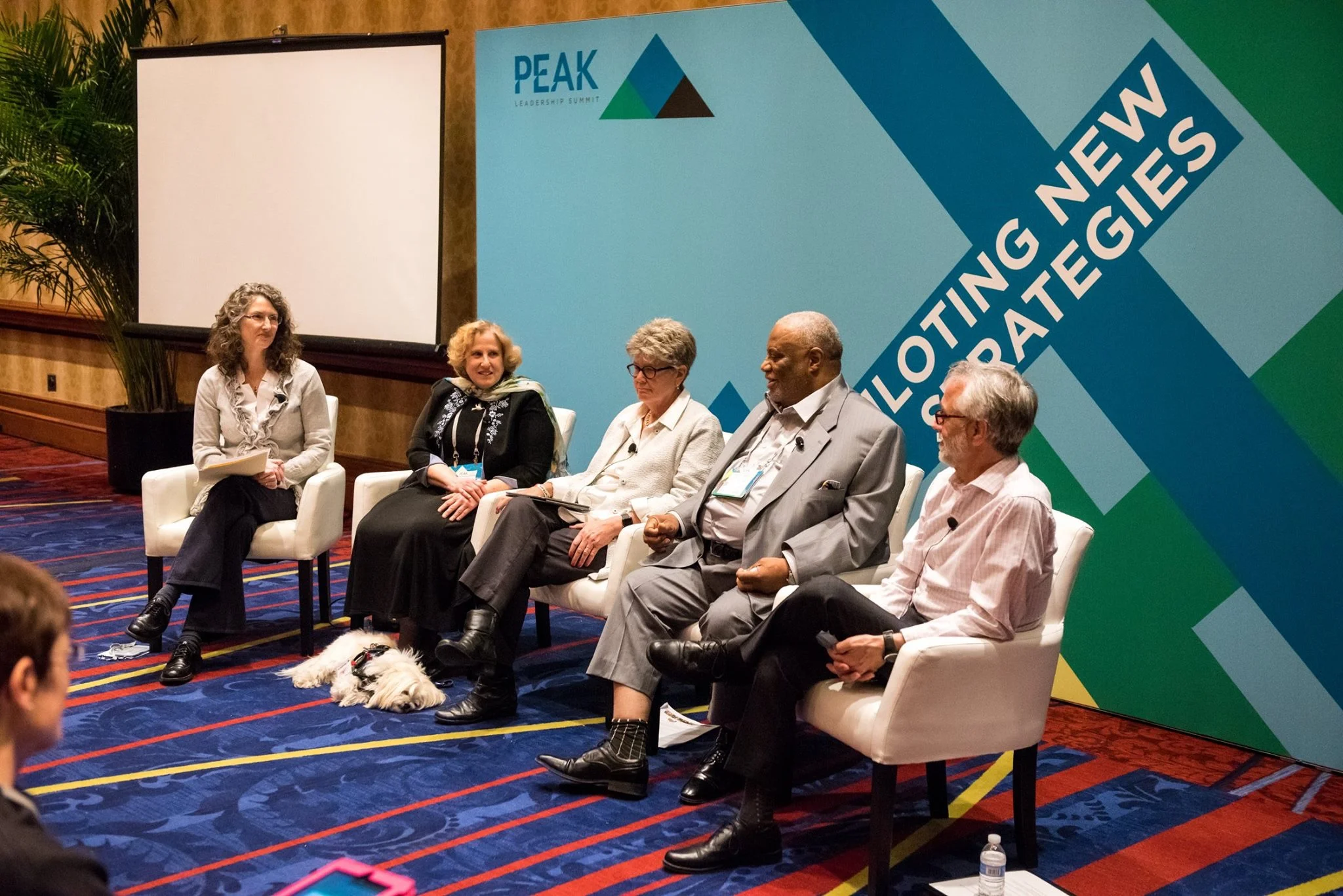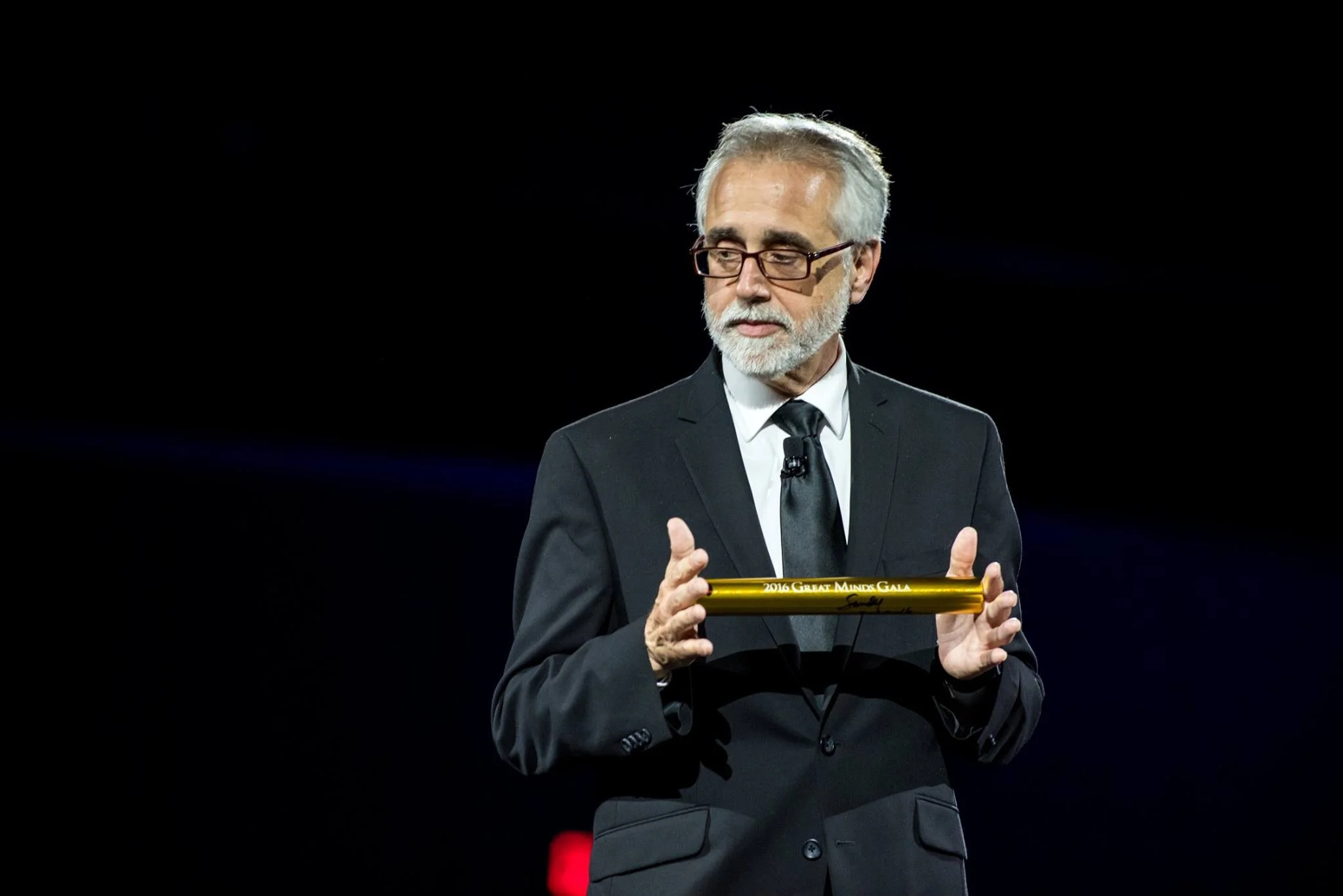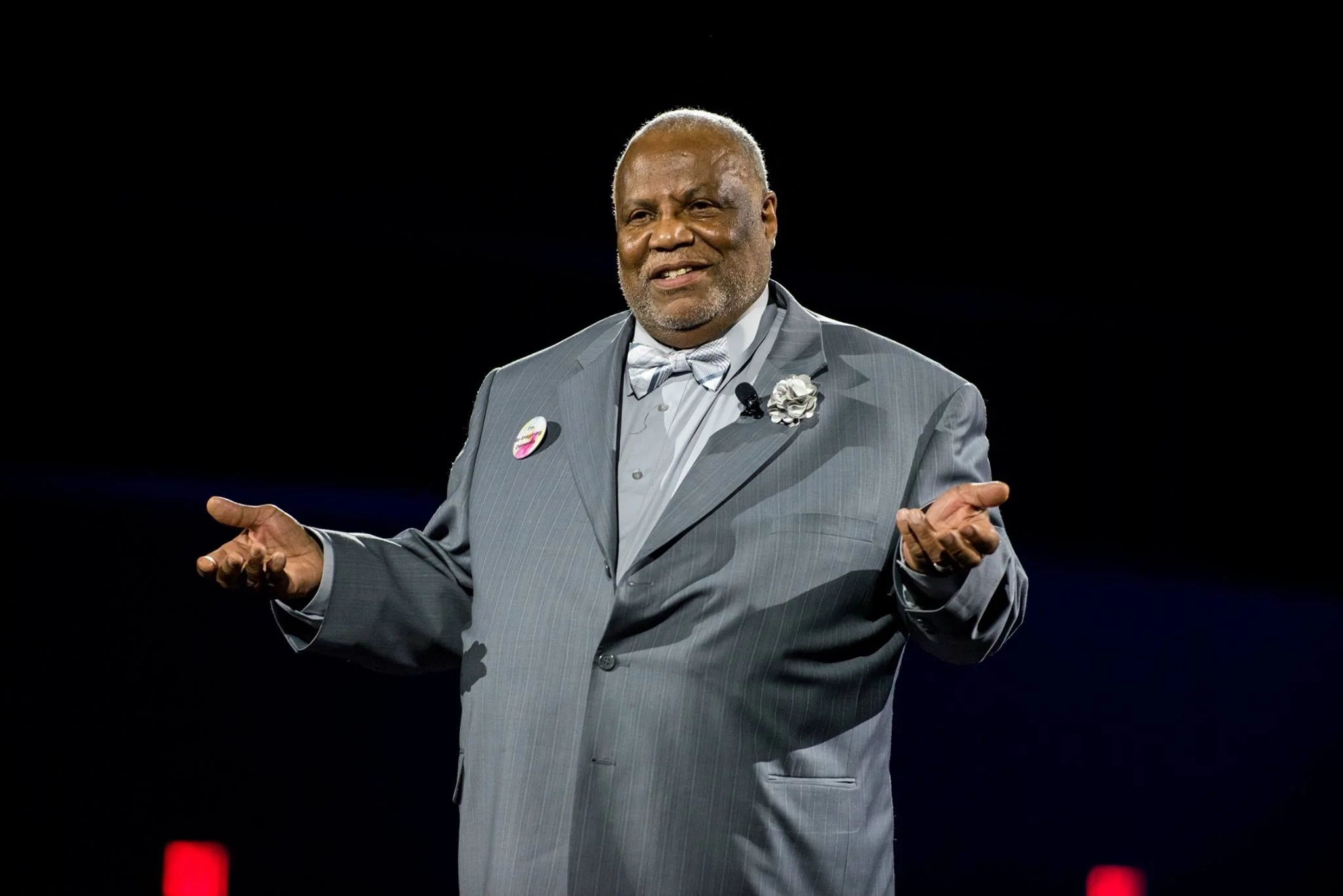The Truth Will Set Us Free
Speaking at the Great Minds Gala, Leading Age PEAK Conference
Denial is a fairly common reaction to upsetting news. Do we believe the child who whispers the pain of abuse, the teenager who reports bullying, the employee who brings charges of harassment, or the immigrant who pleads for refugee status? We often miss the truth because we can’t or won’t believe the messenger or the message.
People sometimes say to me, “You don’t seem like you have dementia.” But what does this mean? Ah yes, someone with dementia is wandering around a memory unit with cookie crumbs on her shirt, wearing adult diapers, holding a stuffed animal, staring into space, and maybe babbling or moaning. No, that’s not me; nor is it any of the other folks I’ve met over that past year who are in the early to mid-stages of this disease.
Some days, I feel like my old self and question the diagnosis. But then something will happen - like getting disoriented at a crowded party, frightened in an airport, startled on a busy sidewalk, struggling to find words or make sentences, having an outburst in public, or being overwhelmed by the number of clothing options in my closet and meal choices on a menu. These moments remind me that yes, I do have dementia. Some of my friends on the FTD Facebook support group call it having an “FTD day.” One of my new friends with early onset Alzheimer’s says there are days when he gets “bit in the butt” by dementia.
I’ve learned denial is a common challenge, especially for those with early onset (diagnosed before age 65). Because it’s such a devastating diagnosis, friends and strangers want to offer comfort by saying things like, “Oh, we all forget where we placed our keys, and we all get confused. Sometimes I can’t recall my best friend’s name or the day of the week.”
These days, I’m fairly direct about letting the well-intended know that it’s neither comforting nor helpful to tell someone that their reality seems to be “an idle tale.” In fact, it’s one of the most difficult parts of coping with this illness, and it can lead to an unhealthy cycle of denial, shame or blame.
Many individuals with dementia are not sitting in chairs, lost in space. Instead, we’re living our lives to the best of our ability as we try to destigmatize this dreaded and misunderstood condition, believing that if we are honest about our reality, the truth will set us free to explore the fullness of life with it.
So today, I want to salute all of my sisters and brothers living with dementia, especially those who are out in the world speaking, teaching and advocating through organizations like The Association for Frontotemporal Degeneration, FrontoTemporal Dementia Advocacy Resource Network, the Alzheimer’s Association, and the Dementia Action Alliance. I’ve met some amazing individuals through these organizations; they are my role models and mentors, and I am grateful for their friendship, leadership and witness.
And to my friends and supporters who don’t have dementia: Please, don’t deny my truth. Instead, tell me that you’re happy to see me; that you’re glad I’m doing well; and that you will forgive me if I can’t remember your name or recognize your face.
Pictured above: A panel of dementia advocates at the Leading Age PEAK conference, Brian LeBlanc, dementia advocate, Brian Van Buren, dementia advocate.



